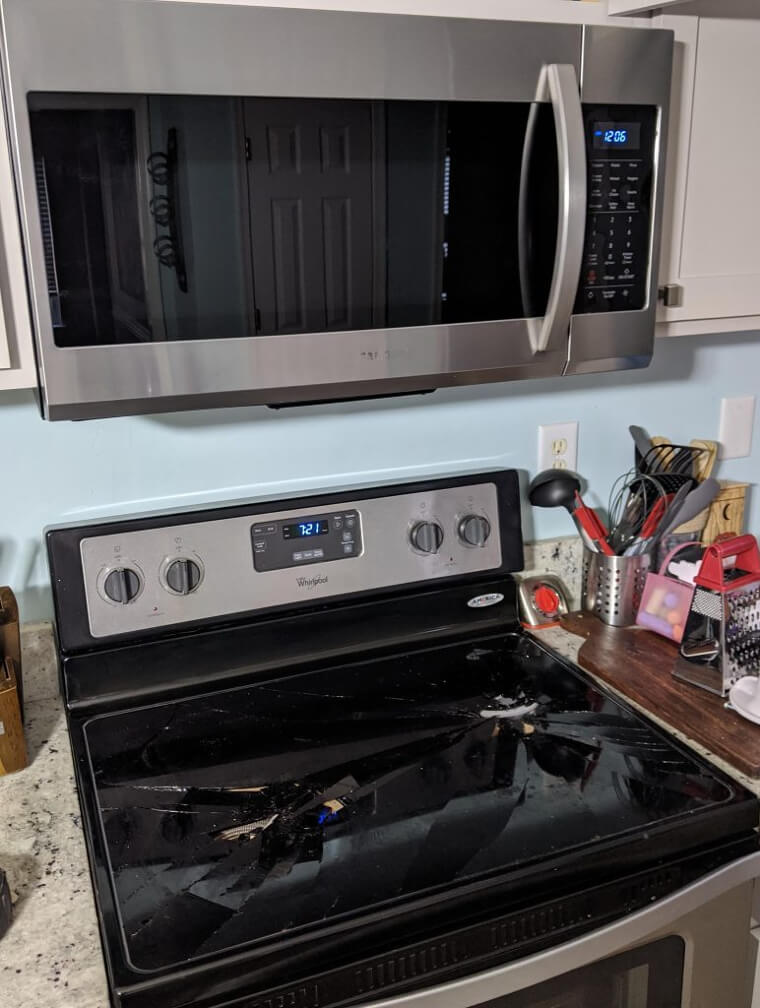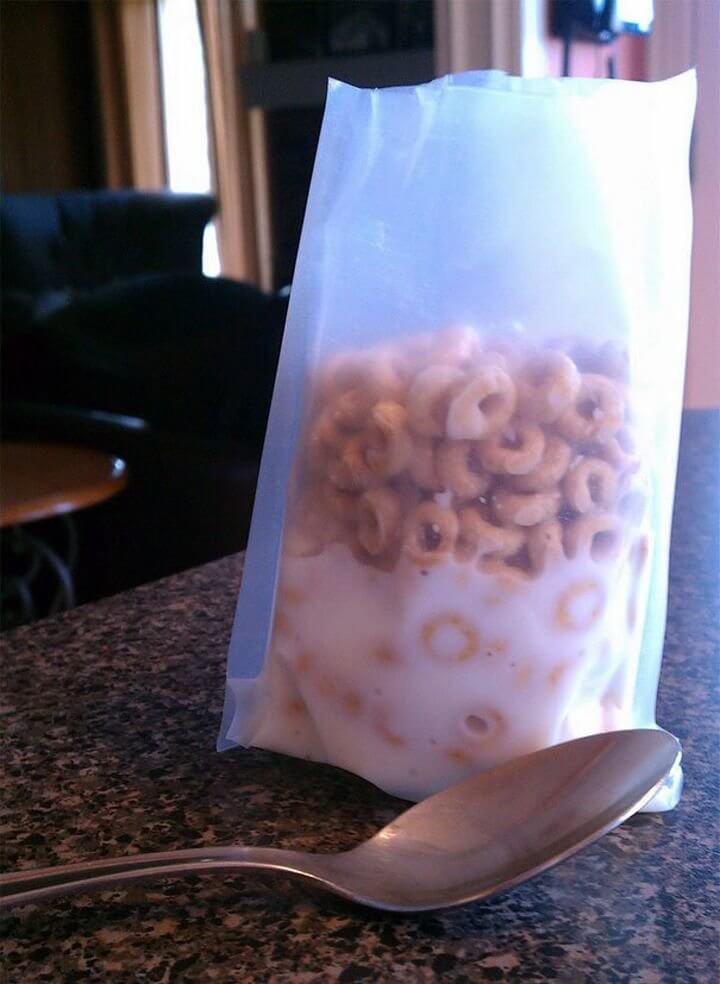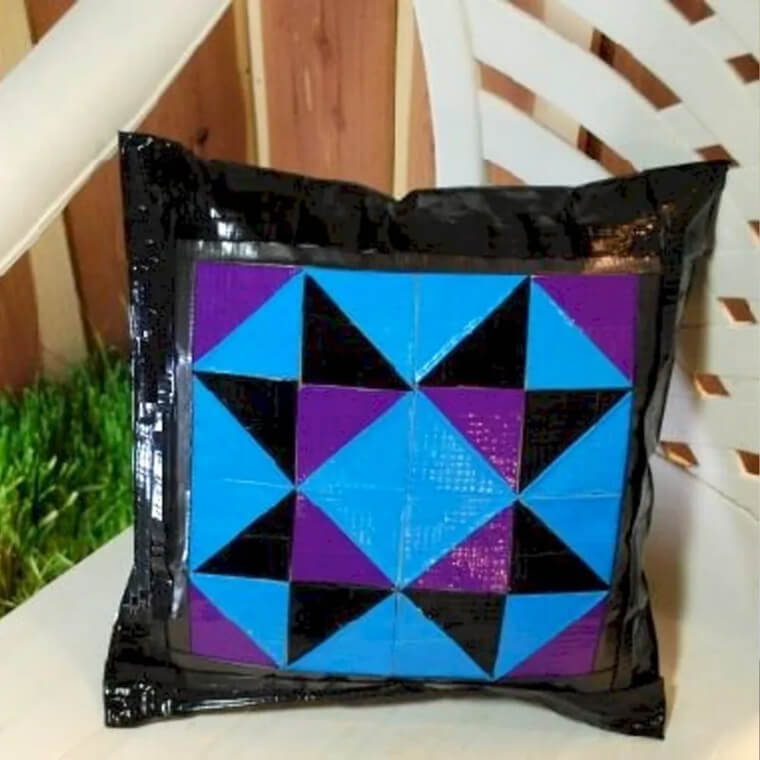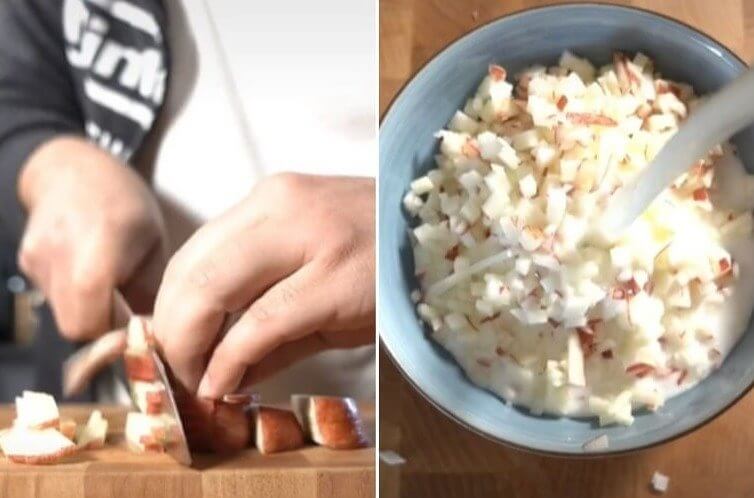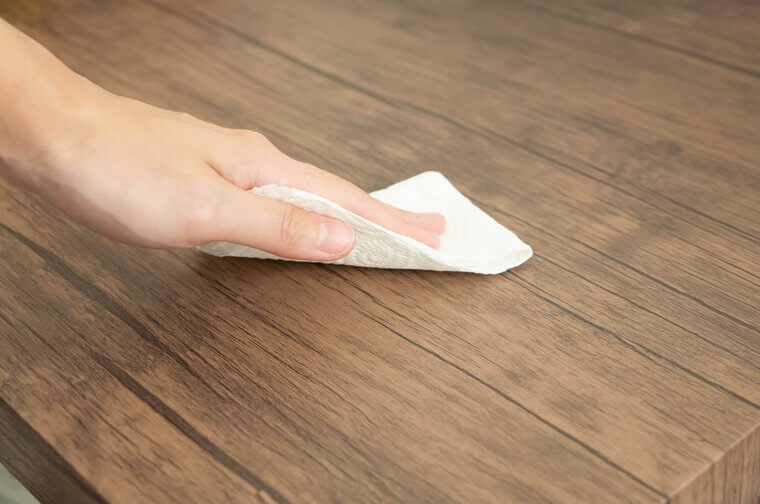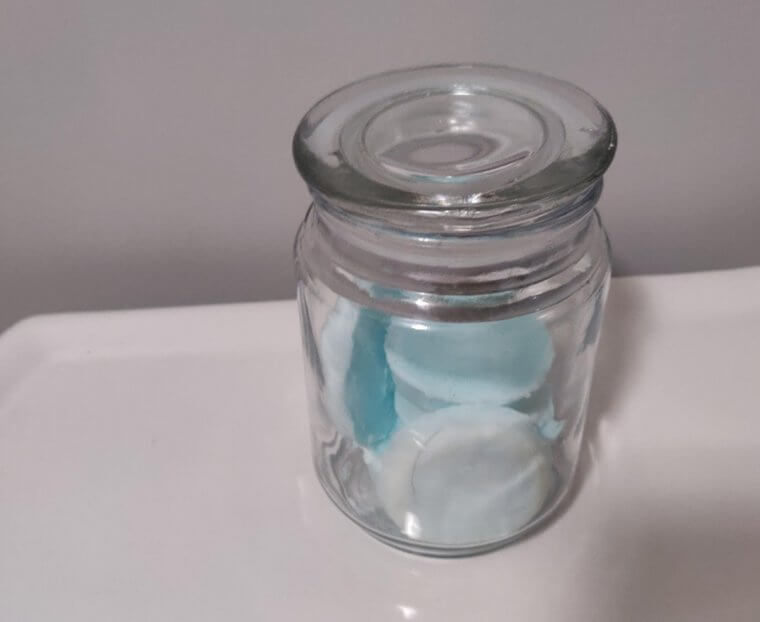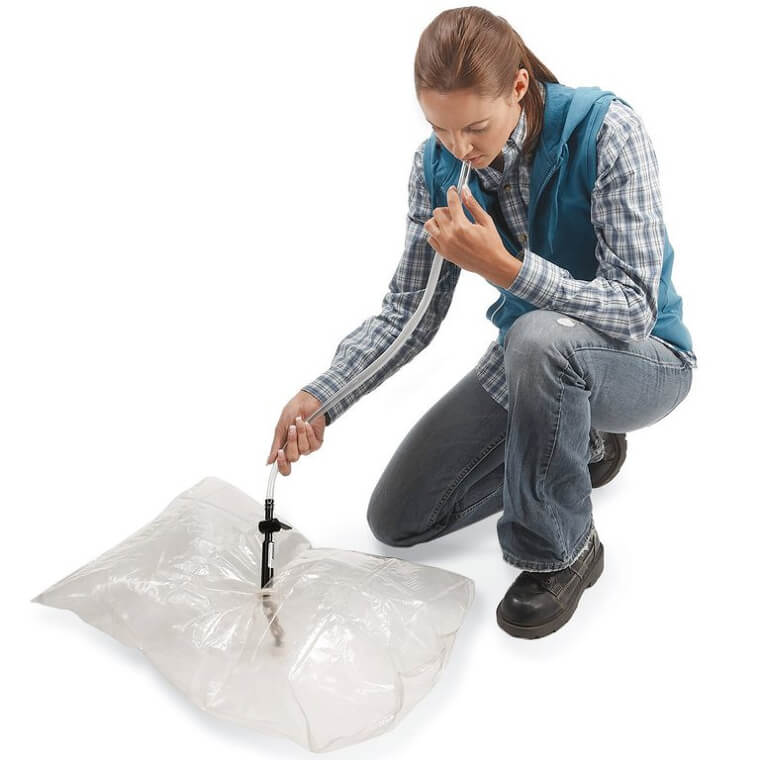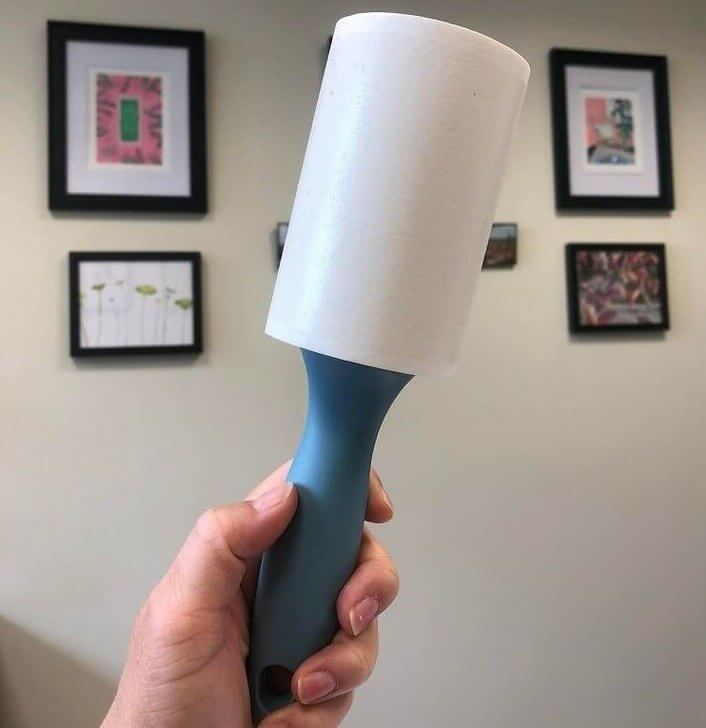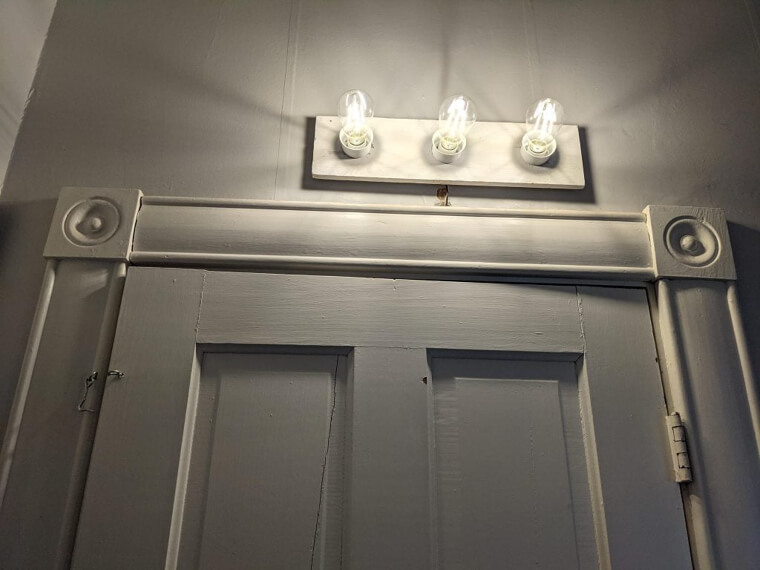It doesn't really matter where you live anymore; odds are you've seen your energy bills increase over the last couple of years. Whether it's because you're spending more time at home working remotely or just because your local provider is charging more, now is the time to assess your energy usage and try to cut it down. That's why we've compiled this list of tips to help you slash your electricity and energy usage and keep more money in your pocket at the end of each month. Plus, these tricks serve to keep your appliances in the best shape possible!
Inspect And Seal Outside Holes
Some people never think about this, but if you live in a house, then your home probably has holes on the outside that could be sealed up. These types of holes usually allow for pipes and appliance hoses to run outside, but they're often much bigger than they need to be. When they are, they're prone to letting air escape from inside your home and driving up heating and cooling costs.
They also sometimes allow bugs and mice to get inside your home, so better to seal them up as soon as possible with a store-bought sealer or foam.
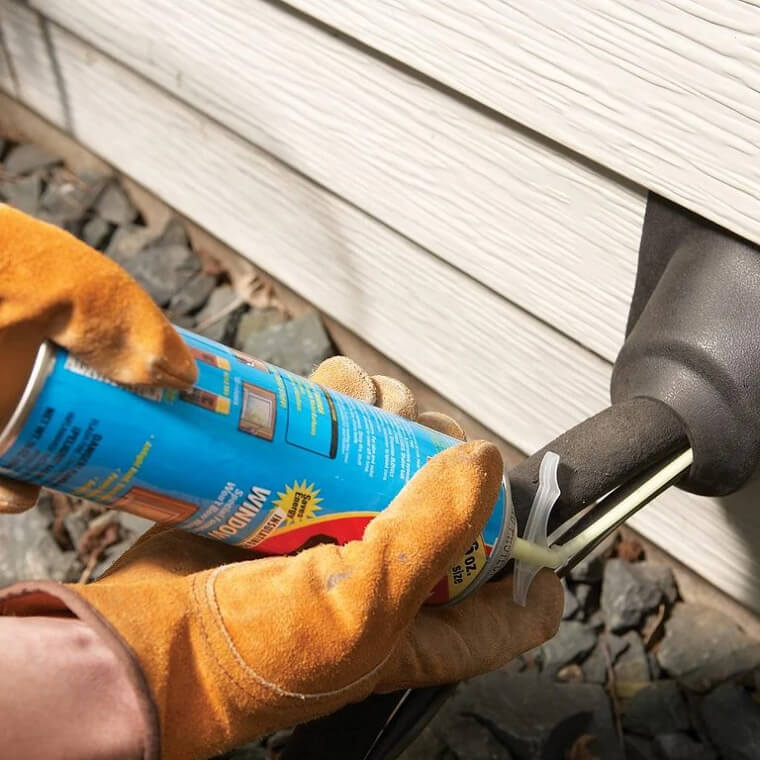
Seal Around Electrical Sockets
The gaps around most electrical sockets and switches might seem small, but they're still letting cool and warm air out of your home and costing you more on heating and cooling. So, you might want to consider sealing them up with a sealant. However, be careful about what kind of sealant you buy, as you still want your sockets to look orderly. Things like foam may not be the best choice.
If you're in doubt, then you can check online for tips on what's best to use. There are plenty of tutorials that walk you through step-by-step, and the whole process is really simple.
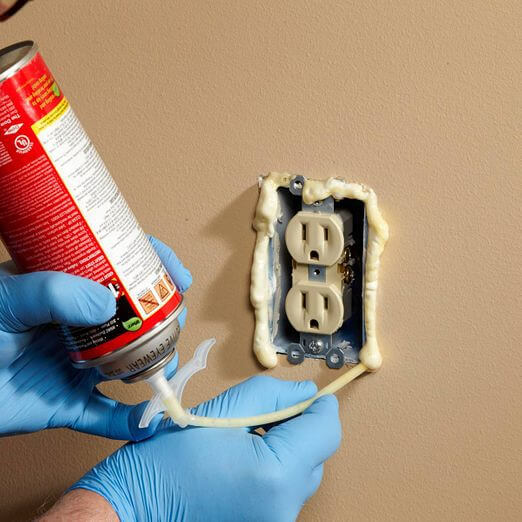
Insulate Your Pipes
This one will only net you small gains when it comes to saving money, but it's still worth doing if you care about hot water. You can buy pipe sleeves at most hardware stores and then use them to cover any water pipes you have in your home. Doing so will ensure that your pipes retain as much heat as possible when there is hot water moving through them.
It'll save you a little bit of money, but more so than that, it'll help make sure that the warm water keeps flowing for as long as possible before running out.
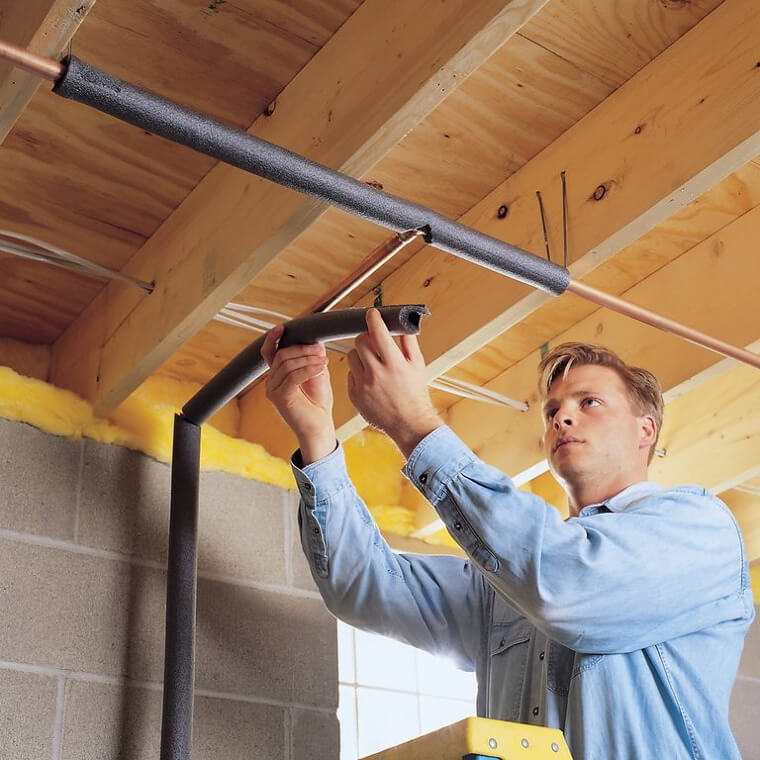
Invest In Energy Star Appliances
Odds are you've seen these blue stickers before, whether on your own appliances or at a store. These are Energy Star stickers, and they certify that an appliance meets its energy requirements by using much less energy than traditional appliances. They claim that people have collectively saved around $30 million on energy bills since the program was introduced. You're unlikely to save that much, but if you switch most of your appliances out, you could save up to 30% on your own energy bills.
And if you live in the U.S., you might be eligible for tax deductions if you meet certain requirements when switching to Energy Star products depending on where you live.
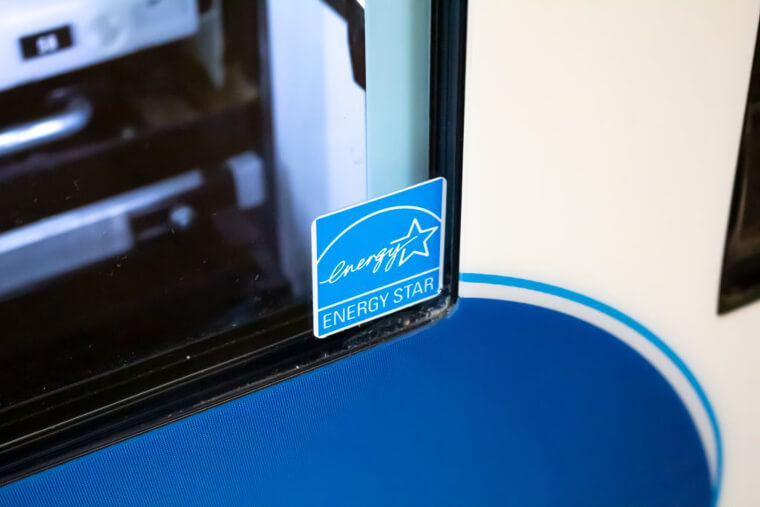
Measure Your Energy Usage
Most of the time, the best way to cut down on something is to analyze it, whether that be spending or energy usage. So, it might be worthwhile to analyze the energy usage of your home in order to get a better picture of what you're actually paying for and where all your money is going. Doing so can help you figure out if you're paying more for heating and cooling or for things like appliances.
After you figure that out, you can begin tackling your energy usage in a more specific manner, but it may require that you invest in some smart infrastructure for your home, such as a new thermostat.
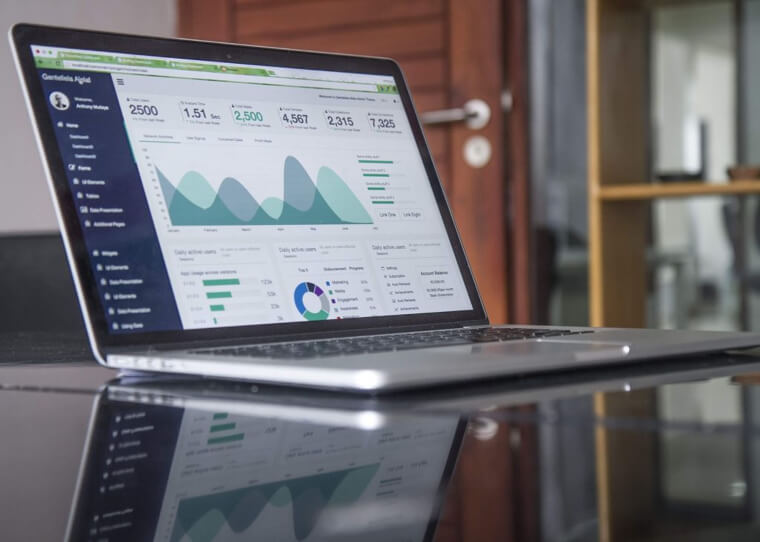
Clean Refrigerator Coils
The refrigerator coils on the back of your fridge are there to help vent and displace heat, but most of us probably never give them a second thought. That usually means that they accumulate dust and dirt, which keeps them from doing their job properly. So, one way to cut down on cooling costs is to dust down the coils on the back of your refrigerator to help it run better.
This will keep the compressor from having to work as hard, and it also might extend the life of your refrigerator. Oh, and it'll also reduce the amount of electricity your fridge uses.
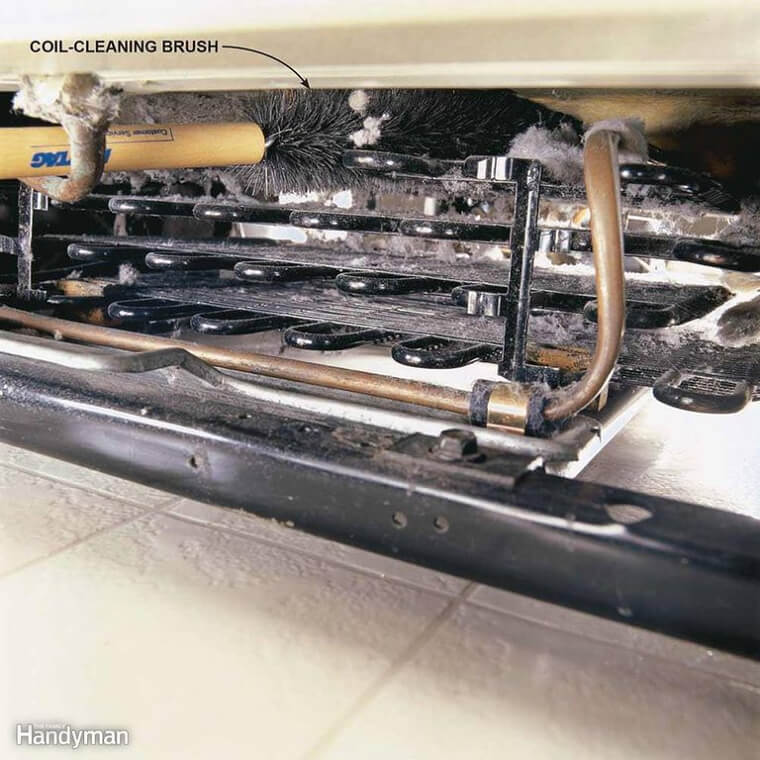
Try Using Your Microwave More
If you're one of those people who hate using microwaves, then this tip might not be for you. However, cutting down on using a stove and instead switching to a microwave is a good way to slash energy bills, whether your stove is gas or electric. The reason for this is simple. Microwaves take much less time to heat up foods and are also much smaller than stoves.
Let's say that a stove or oven takes around 20-30 minutes to heat up food. You could probably cut that number down to around 1 minute by using a microwave, which is a lot less power being drawn.
